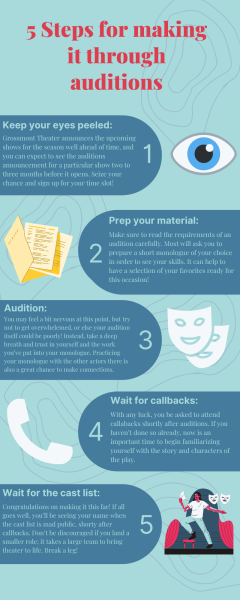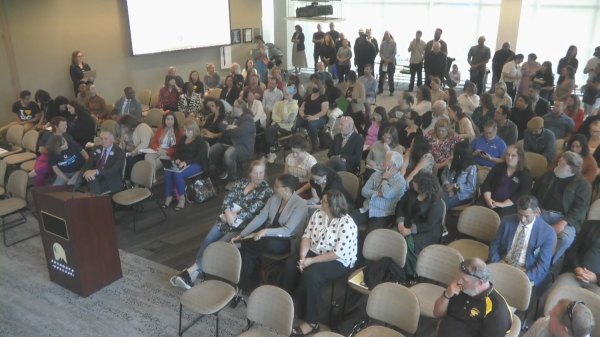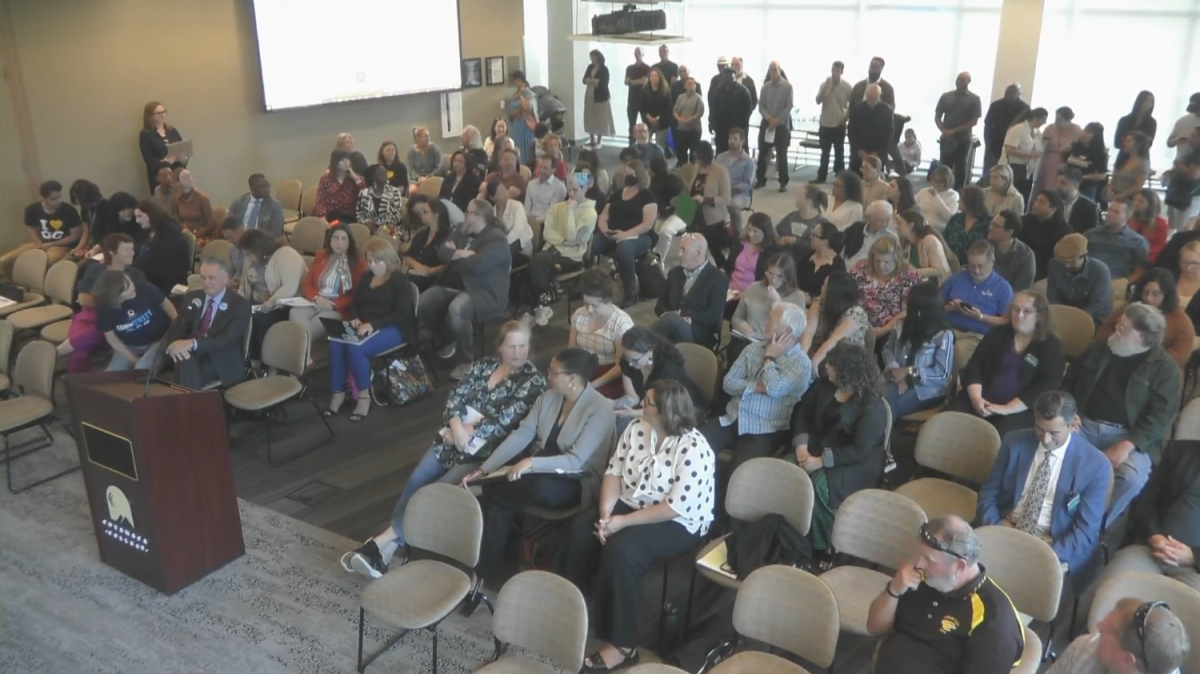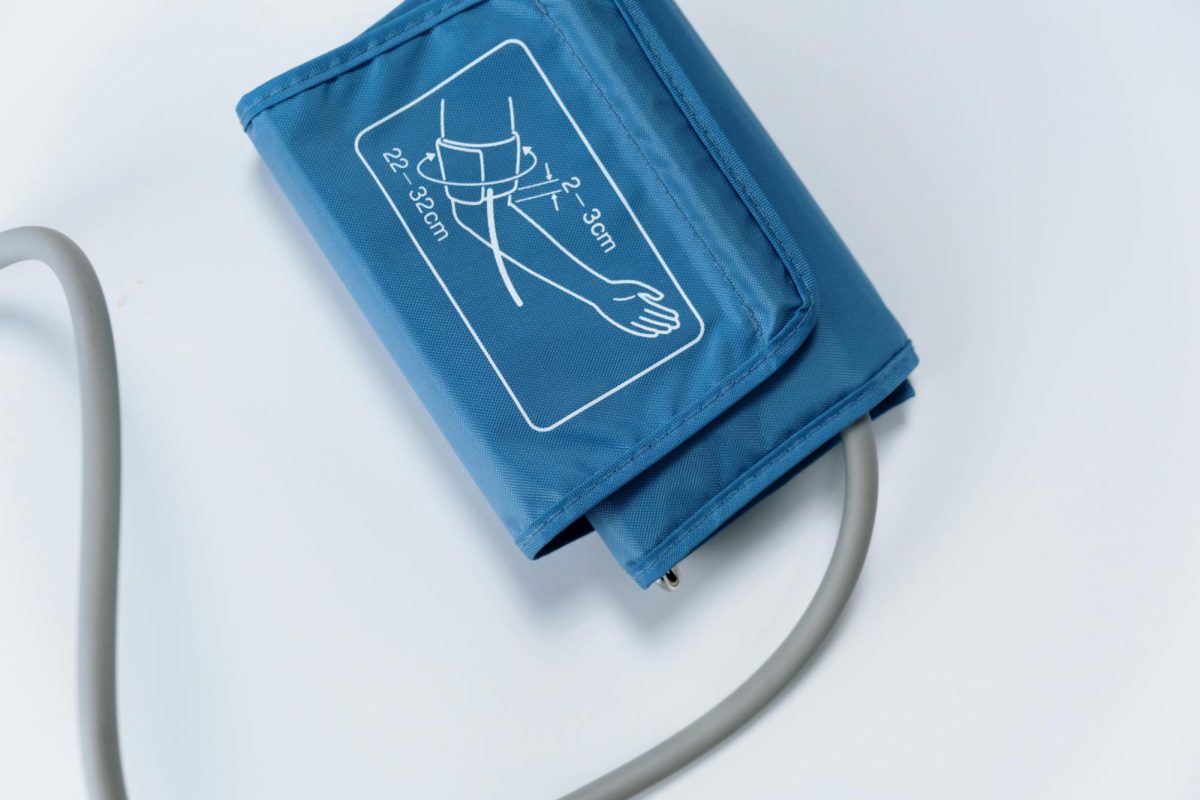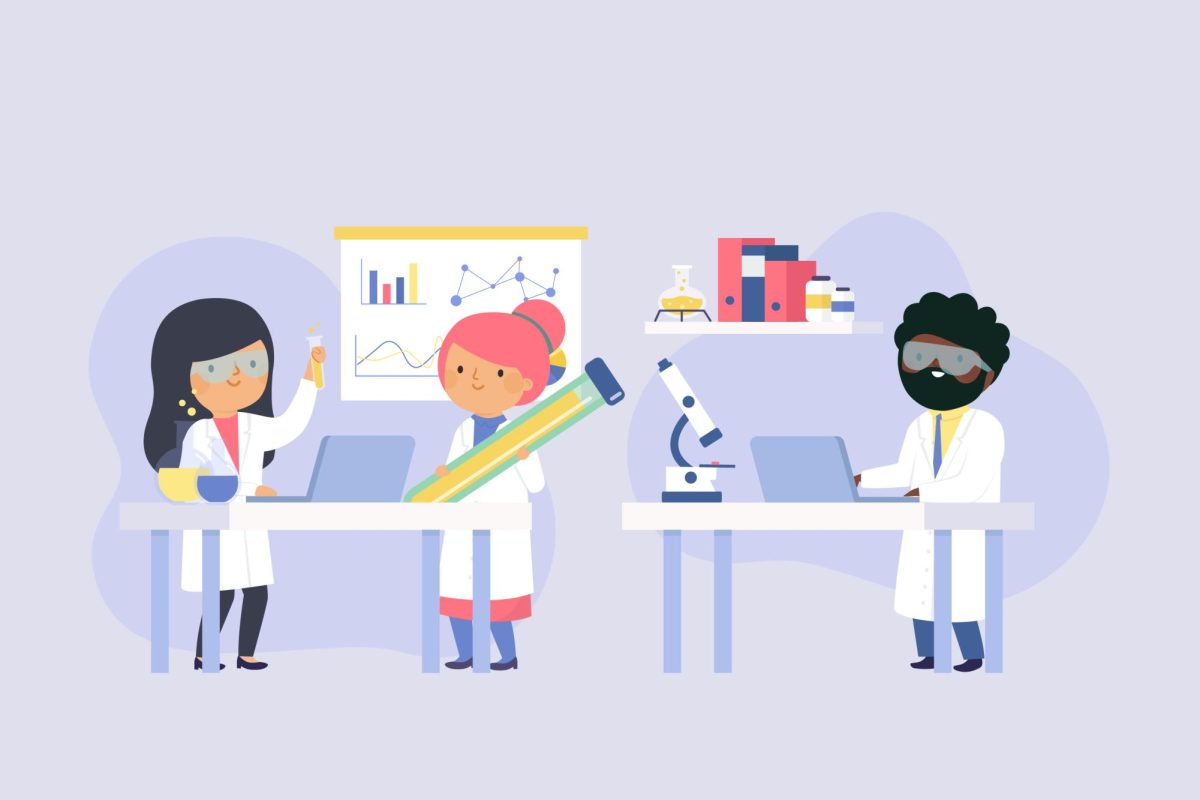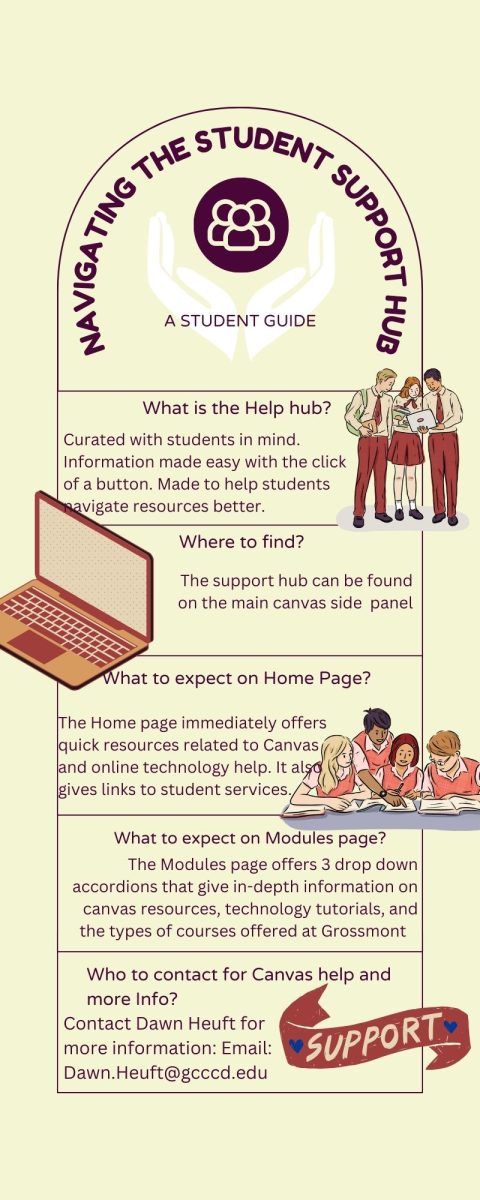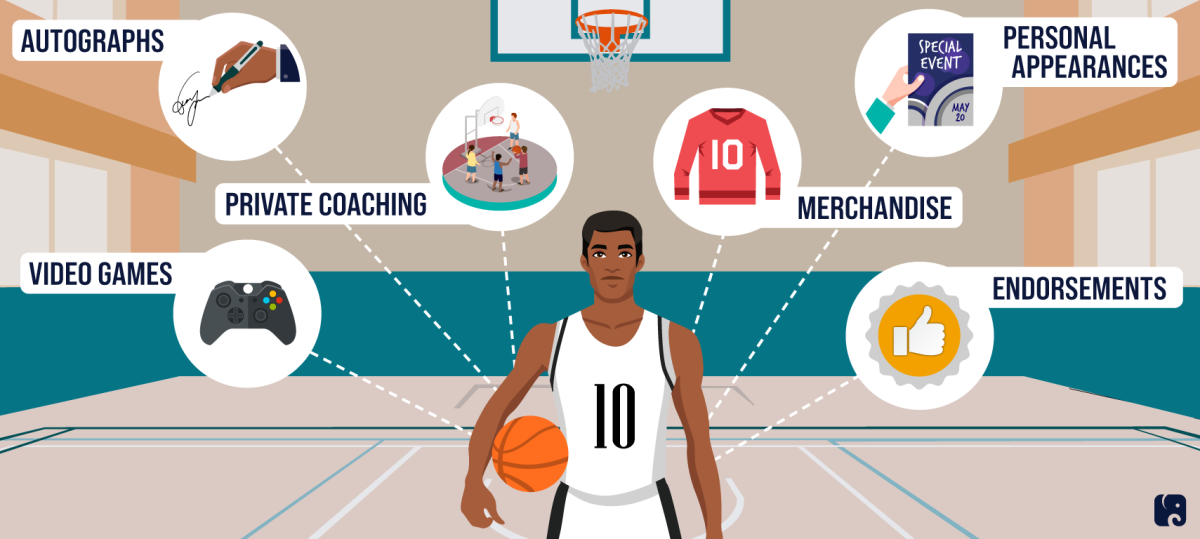May is Mental Health Awareness Month for those who may not be aware. It’s the time of the year for people to recognize mental health issues and the stigmas that surround mental illness.
According to the Substance Abuse and Mental Health Services Administration (SAMHSA), the agency has celebrated Mental Health Awareness Month in May for over 20 years to increase awareness about mental health and provide resources to individuals who require mental health support.
This month can be used to access more resources and support, provided in the community. During this time of the month, people can also acknowledge the state of their well-being and the effect mental illness has had on their lives.
Mental health affects our actions and emotions. They vary from person to person and it’s different for everyone depending on their lifestyles. Not everyone expresses their concerns the same way as the next person.
Mental health has been a big conversation among college students in recent years. College can be quite stressful and students inevitably go through some highs and lows during their academic journey.
Grossmont students come from various backgrounds and have their own set of struggles. Some students may be grieving the loss of a loved one, experiencing stress, depression or anxiety, tackling relationship issues, lack of financial support or conflict with family. Ultimately, these all lead to a lack of motivation in school and work.
This month is the time for students to not only encourage more conversation with their peers surrounding mental health but to also advocate for themselves to seek solutions for professional help such as visiting a psychiatrist for medication or going to a counselor for therapy. With that in mind, it’s also important to note that not all students are fortunate to receive a diagnosis or be able to afford medications. However, there are aid and health resources available on campus.
Dianne Abdullah Smith, a Health Services Specialist at Grossmont for two years, says the number of students who visit the Health and Wellness Center has doubled. “We’re happy to see that,” Smith said. “We’re happy to be here for them and be able to provide the services that we do in every sort of way.”
Smith said that around this time of the semester, she sees students entering the center for assistance. “This time of the semester, we expect to see that people are stressed and anxious about their grades, their classes, or they either got a cold from the stress,” said Smith. “We’re just trying to help them to stay on top of it so that they finish successfully.”
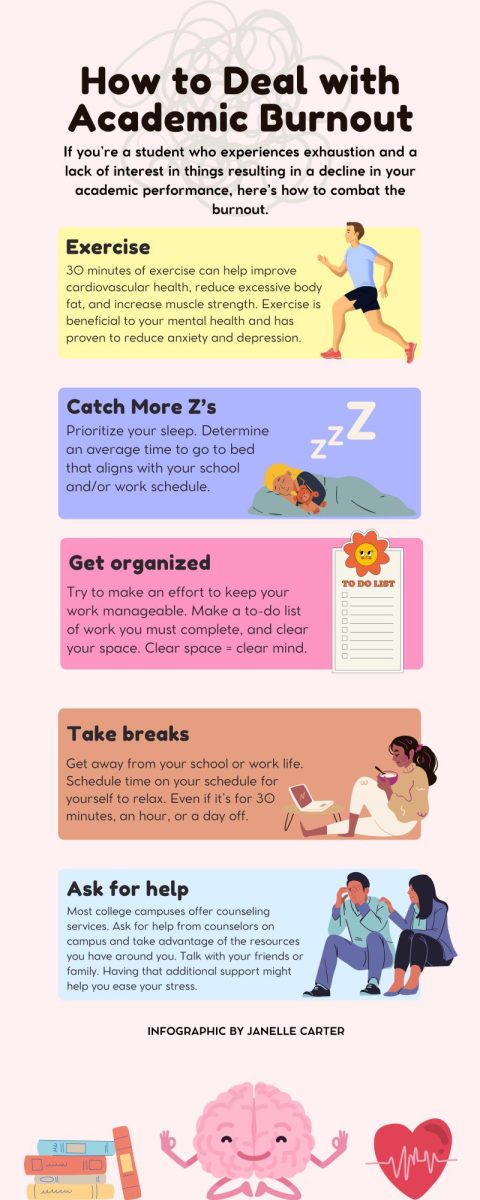
It should also be noted that mental and physical health are both interconnected. If a student is experiencing poor mental health, it’s more than likely to result in poor physical health. On the bright side, the Health and Wellness Center offers first aid, free health screenings, free visits with registered nurses, referrals to low-cost health and wellness providers and immunizations and titer tests. Students must be enrolled on the campus if they wish to receive any of these services.
“It’s not just mental. It’s physical. Anything dealing with health,” Smith explained. “If we don’t have it , we’re going to make sure we’ll provide you with a resource before you walk out the door.”
Smith also stated that the campus is part of the Pilot Program for a health and wellness vending machine. As of 2022, Assembly Bill 2482 required that numerous CSUs and California Community Colleges participate in the Wellness Vending Machine Pilot Program which will dispense over-the-counter (OTC) products for students.
The Grossmont College wellness vending machine will be available at a low cost. It will include items such as condoms, dental dams, tampons, menstrual cups, lubrication, menstrual pads, pregnancy tests, UTI testing kits, and nonprescription drugs including emergency contraception. Smith stated that the machine is in the process of being made. When it arrives, it will be located in the Griffin Center and students will have access to the products after hours when the health center is closed
The campus is making a conscious effort to have more resources available for students. Future students who will be arriving on the campus for later semesters will be able to experience the school offering more resources to their avail.
When it comes to students taking care of their mental health, they may find themselves having a difficult time balancing out work, school, finances, home life, and socializing. However, they somehow find time in their schedules to make things work to be able to take care of themselves.
Helen Younus, a Grossmont student, shared what she’s learned from her psychology class: “Sometimes I try some techniques, taking deep breaths— let’s say for like 3 seconds. Sometimes I take 10-minute walks, or I leave studying to go talk to my family or friends. Sometimes I don’t have time to take care of my mental health. It’s all about time and trying.”
Grossmont student Daniela Sigala said that even though she has a busy schedule, she manages to make time for herself whenever she gets the opportunity. “I have school in the morning and later in the afternoon I have work or I have to do something in my house like chores, but I always try to make some time for myself,” Sigala said.
Sigala gave a rundown of what she does for her mental health. “When life gets hectic, you just start losing yourself and you’re just like ‘Oh there’s no time for me, what can I do?’ so for example when I got home, I took a shower, I was relaxing and I slept a little late but it was worth it ‘cause I was able to destress and decompress everything and say, ‘okay I’m good now’.”
Smith wants students to be reassured that the campus has their best interest in mind and that the Health and Wellness Center staff are more than willing to lend a helping hand. “Relax. Take a deep breath. This environment that we try to create in the center is one of service. We’re here for you,” she said.
Smith also wants to establish confidentiality and a sense of trust with students when they decide to ask for help. “Whatever you say when you walk across this doorsill is kept here. We don’t report that to administrators, or instructors. Only with your consent could we release that information,” she said. “This is a safe space.”
If you’re enrolled in Grossmont College and need assistance, stop by the Health and Wellness Center in person to schedule an appointment, fill out this form, or call 619-644-7192. All services provided are either free or low-cost to students.
The Health and Wellness Center is located in the Building (60-130). Center hours are from Monday to Thursday from 8 a.m. to 5 p.m. and Friday from 8 a.m. to 1 p.m.
If you are experiencing a medical or mental health emergency, dial the number 911.
Here are the numbers for 24/7 Crisis and Suicide Hotlines:
Crisis Hotline: 1-888-724-7240
Suicide Hotline: 1-800-Suicide








